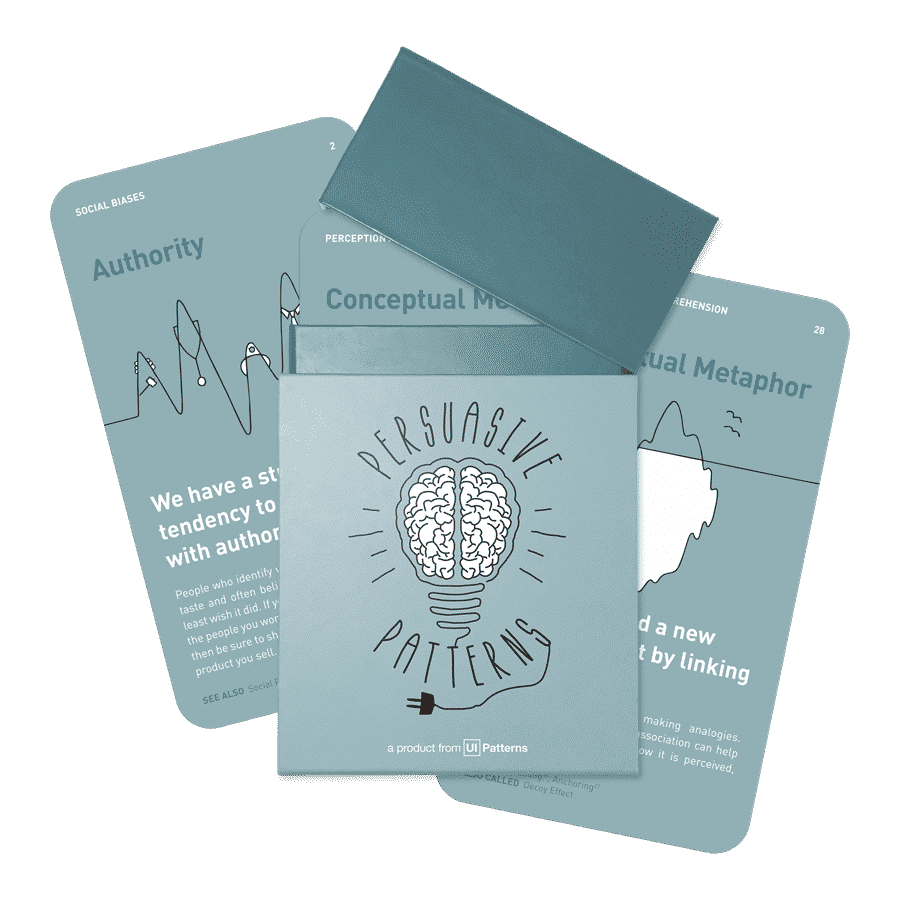Progress Principle: Why acknowledging small wins boosts engagement
Celebrate small wins to boost engagement, motivation, and overall user satisfaction.
Turn insights into action with the Persuasive Patterns card deck
Master the science behind user motivation and create products that drive behavior.
Get your deck!Have you ever filled out a seemingly endless online survey, only to lose focus and give half-hearted answers by the end? Or perhaps you’ve abandoned a long questionnaire altogether, feeling overwhelmed by the sheer number of questions remaining.
If you’ve ever encountered such frustration, you’re not alone. A recent study by Gu, Chan, and Krishna (2024) sheds light on the importance of acknowledging progress during multi-step tasks. Their research shows that simply informing users about their progress through completion screens can significantly improve the quality of their responses.
The science of Small Wins
The human brain thrives on a sense of accomplishment. Psychologists refer to this as the “progress principle,” which states that we are motivated by a desire to move forward and see tangible progress towards our goals. When we complete small tasks, our brains release dopamine, a neurotransmitter associated with reward and motivation.
This is why acknowledging completed sections in a multi-step process can be so powerful. Completion screens serve as mini-milestones, providing users with a sense of accomplishment and encouraging them to continue. This positive reinforcement loop keeps users engaged and focused on the task at hand.

Gu, Chan, and Krishna’s study provides compelling evidence for this effect. Participants were asked to complete a lengthy questionnaire about their experiences with a particular brand. One group received a standard questionnaire, while the other group saw completion screens after each section, highlighting their progress. The results were clear: the group that saw completion screens provided significantly more detailed and thoughtful answers in the later sections of the survey.
Gu, Y., Chan, E. Y., & Krishna, A. (2024). Make your voice heard: How voice increases message impact. Marketing Letters, 35(1-2), 155-169.
Beyond questionnaires
The impact of acknowledging progress extends far beyond online surveys. Here are a few examples of how you can leverage this principle in various contexts:
- Fitness trackers. Trackers that showcase completed workouts or milestones (like reaching a daily step goal) can motivate users to stay active.
- Educational platforms. Learning platforms that break down complex topics into smaller modules with completion badges can enhance student engagement.
- Onboarding processes. Onboarding new employees with clear progress bars or checklists can help them feel more confident and in control.
- Gamification. Incorporating progress bars, points systems, and level unlocks into tasks can add a layer of fun and motivation.
By acknowledging completed tasks, no matter how small, you can create a more positive and engaging user experience. This, in turn, can lead to increased user satisfaction, improved data collection, and ultimately, better outcomes.
Furthermore, acknowledging small wins also helps alleviate our Need for Closure and get rid the enduring ambiguity of unclosed tasks. We have a desire for definite cognitive closure.
By acknowledging progress and celebrating small wins, we can help users stay engaged and motivated.
The next time you’re designing a multi-step process, consider incorporating completion screens or progress indicators. These seemingly minor additions can make a world of difference in terms of user engagement and overall satisfaction. Remember, a little acknowledgment can go a long way.
- Make your voice heard: How voice increases message impact by Gu, Y., Chan, E. Y., & Krishna, A.
